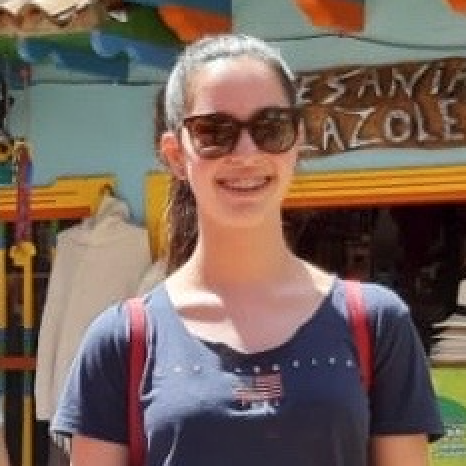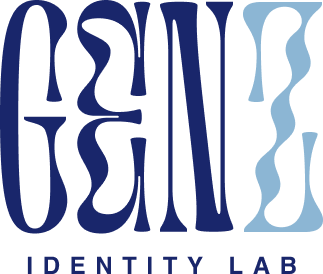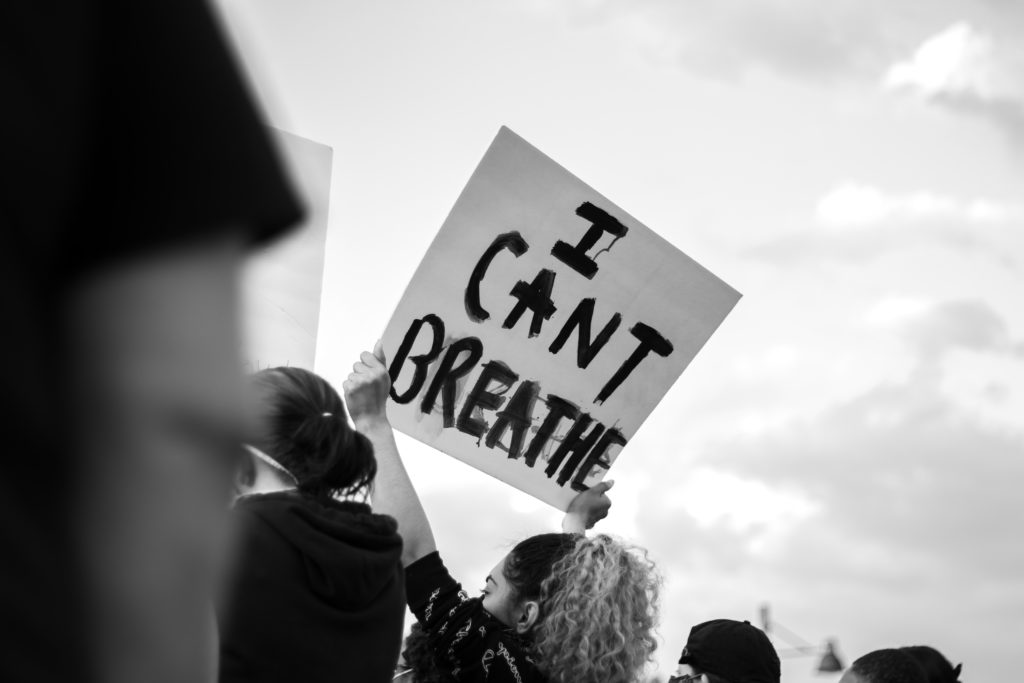It’s been a month and a half month since 46-year old George Floyd begged for his life on the Minneapolis pavement. As most of you know, police officer Derek Chauvin held his knee on Floyd’s neck for 8 minutes and 46 seconds — long enough to leave him motionless. The video of Floyd screaming, “I can’t breathe,” while Chauvin refused to move spread like wildfire. It didn’t take long for “Justice For George Floyd” to become the fastest growing Change.org petition in history. Floyd’s story broke the hearts of millions and grabbed the attention of some of the world’s most influential leaders.
The US Compared to Other Countries
Unfortunately, George Floyd’s experience with police brutality isn’t an isolated one. Let’s look at the numbers. In its 76 years of existence, Iceland has had 1 fatal police shooting. Read that again. Yes, just 1. And Iceland isn’t the only country with low killings. In 2019, the UK, Australia, and Germany had 3, 8, and 11 fatal shootings, respectively. That’s tiny compared to the 1,000 people killed by the police in the United States that same year. If those numbers aren’t enough, we can look at who the victims are. In the United States, black people are disproportionately affected. While they account for 13% of the population, black Americans are the victims of 24% of police killings.
Thus, when comparing policing among countries of similar wealth and democracy indexes, it’s safe to say that the United States is an outlier. So can the past seven weeks signal a light at the end of the tunnel?
The Media’s Role Over the Past Month
George Floyd’s death sparked massive outrage among people of all races. People voiced their passionate feelings on this topic on social media. Platforms like Twitter, Instagram, and Tik Tok were flooded with posts about the Black Lives Matter Movement. Famous celebrities drew attention to the issue and donated to black-run businesses and foundations. However, the posts of “regular people” stood out the most to me. One video in particular comes to mind. It aimed to highlight the difference between saying “All Lives Matter” and “Black Lives Matter.” The video depicted 3 cartoon houses, one of which was on fire. When the firefighters showed up, they began spraying all the houses on the street before the one that was burning down because “all houses matter.”
At first, I laughed. But after watching the clip a few times, I realized how our tendency to always look at the bigger picture has allowed us to stay complacent when discussing racial inequality. Please don’t get me wrong; all lives definitely matter! But all lives can’t matter until we prove that the lives of 13% of our population matter. And the media is helping highlight crucial distinctions in our vocabulary — that previously slipped my mind — to accomplish this goal.
More Than Just Posts
Thanks to the media, people are starting to take widespread action. For the past 6 weeks, there have been protests spanning across the United States and even in cities like Paris, London, Sydney, etc. While there have been eruptions of violence, these protests have been overwhelmingly peaceful. For example, in my hometown of Miami, protestors have come together with music, dancing, and poetry. And these global protests have had concrete implications. Derek Chauvin was charged with second-degree murder, Minneapolis and New York City have pledged to divert some police funding towards youth and social services, police departments in 4 states have banned chokeholds, and the Justice and Policing Act of 2020 — which seeks to combat police misconduct, excessive force, and racial bias — was introduced.
Gen Z and BLM
So yes, we are at a turning point in black history, and Gen Z is paving the way. In fact, when Business Insider teamed up with the social networking app Yubo and the online learning platform StuDocu to survey over 40,000 young Americans, 90% of respondents supported Black Lives Matter and 77% had already attended a protest. That’s because our generation is one of activists. Whether it be by continuing to peacefully protest, emailing legislators, starting school clubs, etc., we can make sure that George Floyd’s impact never fades. The time is now, Gen Z. As Gianna Floyd said herself, “Daddy [George Floyd] changed the world.” Let’s make sure we are the generation that makes her vision come true.

Nicole Rodriguez is a junior at Ransom Everglades School in Miami, FL. Her curiosity drives her to study and pose questions about the rapid pace of our world — exactly what GenZ Identify Lab stands for! Nicole’s passion for researching and writing comes across in her active participation on her Speech and Debate team. This year alone, she has debated a variety of topics, ranging from nuclear energy to charter schools. Through GenZ, Nicole hopes to motivate her readers to share their voices and explore new activities. Outside of school, you can find Nicole dancing, hanging out with friends and family, watching Netflix, or traveling!


